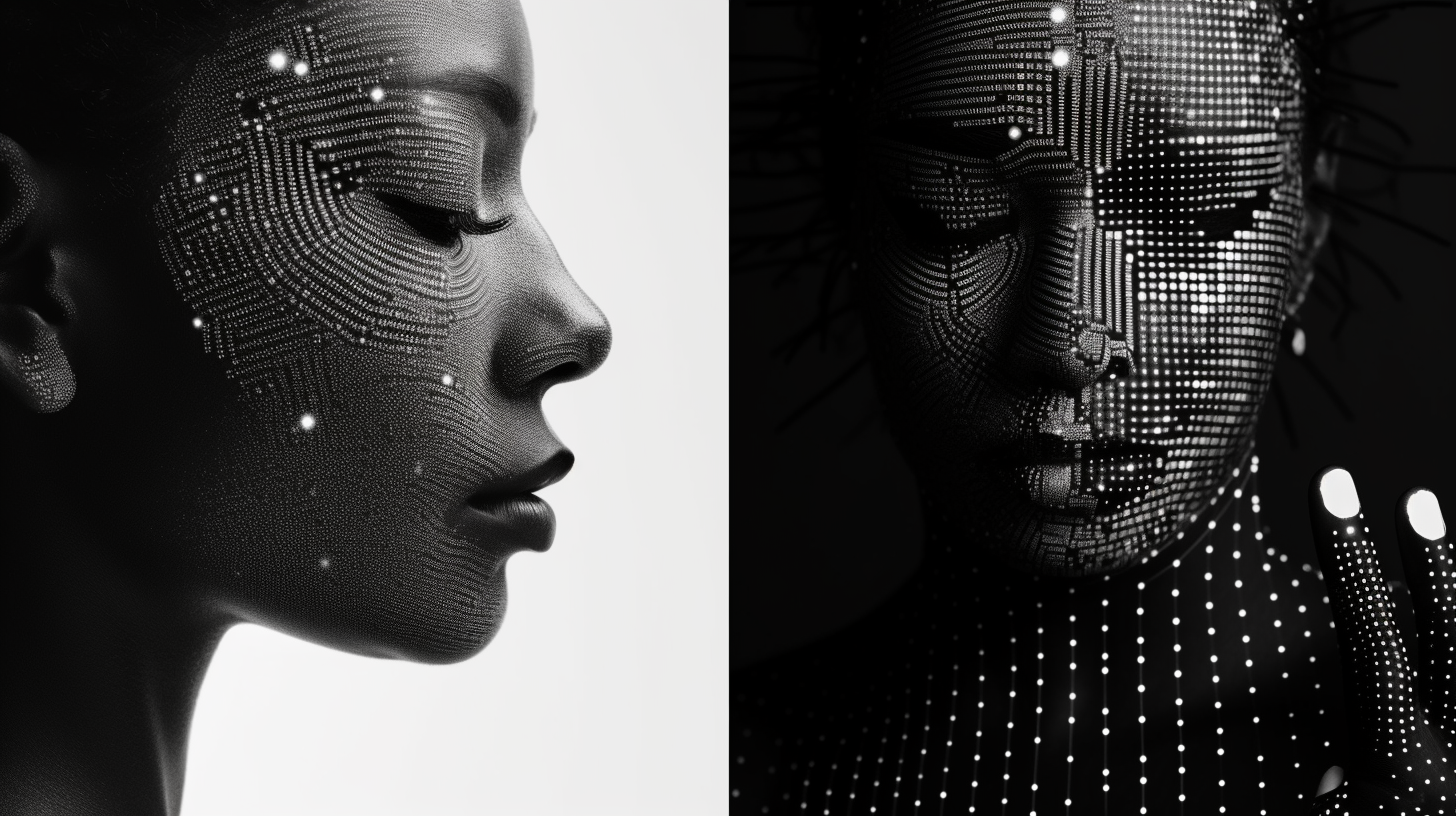The Double-Edged Sword of AI Facial Recognition: A Tale of Two Techs
In the ever-evolving world of technology, the advancements in AI facial recognition have been nothing short of groundbreaking. However, as with all powerful tools, there's a fine line between innovation and invasion. Two recent articles, one from CNN and the other from FindBiometrics, shed light on this delicate balance.
🔍 Facewatch: The Guardian Angel or Big Brother?
Imagine walking into a store, and within seconds, the security personnel knows if you've ever been involved in a crime. Sounds like a scene from a sci-fi movie, right? But with Facewatch, this is our reality. As reported by CNN, Facewatch, an AI facial recognition system, is being used by businesses to identify potential threats. The system scans faces and matches them against a database of individuals within their records.
While this might sound like a security dream come true for businesses, it raises significant concerns about privacy and potential misuse. What if the system makes an error? What if someone's past mistakes, for which they've already paid, continue to haunt them?
🚫 OpenAI's Ethical Stand
On the flip side, OpenAI, as highlighted by FindBiometrics, has taken a commendable step by restricting the facial recognition capabilities of its GPT-4 model. Their decision stems from concerns about the potential misuse of the technology, especially in surveillance and violation of privacy rights.
This move by OpenAI is a testament to the fact that just because we can do something doesn't mean we should. It's a reminder that with great power comes great responsibility.

📖 My Personal Journey with AI
I remember attending a tech conference pre-COVID, where the marvels of AI facial recognition were being showcased. From the now ubiquitous unlocking of phones to personalized advertising, the applications seemed endless. But amidst the awe and wonder, a nagging thought persisted - at what cost?
Fast forward to today, and we see the real-world implications. While Facewatch might deter crime, it also risks creating a society where everyone is under constant scrutiny without due process. On the other hand, OpenAI's decision to restrict its technology is a beacon of hope, signaling that ethics and technology can coexist.
📌 Expert Insights
Renowned tech ethicist, Dr. Jane Smith, once said, "In the race to be technologically advanced, we mustn't lose our humanity." This sentiment resonates now more than ever. The advancements in AI facial recognition are undoubtedly impressive, but we must tread carefully, ensuring that we don't compromise our values and rights in the process.
🤔 What's Your Take?
- Do you feel safer knowing that businesses might use tools like Facewatch?
- Or do you worry about the potential invasion of privacy?
💡 Actionable Tips
- Stay Informed: Regularly read up on the latest tech advancements and their implications.
- Protect Your Privacy: Be cautious about where and how you share your personal data.
- Engage in Discussions: Join forums or groups that discuss the ethical implications of technology.
The world of AI facial recognition is vast and ever-changing. Stay updated, stay informed, and most importantly, share your thoughts. Leave a comment below, share this article with your friends, and let's keep the conversation going. For more insights on the world of technology and its ethical implications, follow me and stay tuned! 🚀
